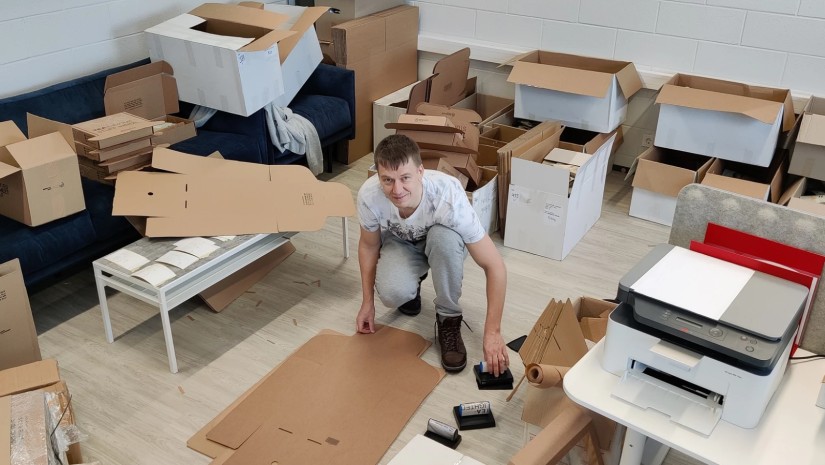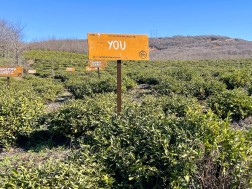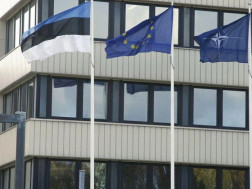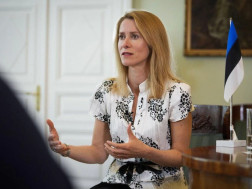Renegade Tea Estate, a Georgian-Estonian brand producing tea in Tskaltubo municipality since 2017, faces several challenges while conducting business in Georgia. According to the company co-founder, Kristiina Mehik, they export tea to 40 countries worldwide via e-commerce. However, due to slow and expensive parcel delivery from Georgia, they have established their logistics center for the e-shop in Estonia instead.
“For example, it is cheaper to send a package from Estonia to Turkey, than from Georgia to Turkey. Therefore we ship our goods to Estonia and then ship further from there, but the poor transport connectivity to the EU for cargo is also a constant challenge for us. Also, communication with some of the state agencies has also become more challenging over the past few years”, - says Kristiina in the interview with BMG.
Furthermore, she notes that it's quite challenging to find workers, as many young people have migrated away from the villages in Georgia, and agriculture, in general, is not a popular sphere to work in Georgia.
Responding to the question about the main needs for the Georgian tea industry, the co-founder of Renegade Tea Estate mentions the inability to penetrate high-value markets in the EU and North America.
“We have overcome this challenge, as our background was in marketing. However, for most producers, this is the main problem and unfortunately, nobody outside can fix it for the sector and farmers. What is needed is a better understanding of the market needs, customer expectations and marketing and sales skills towards high-income markets. In some areas, state support would also help (support with organic certification, setting up the nurseries for new plants). In the last 5-8 years many plantations have been rehabilitated, but without being able to sell the tea at competitive prices, there is no business and they will be eventually abandoned again”, said Kristiina Mehik.
She also highlights that Georgian tea is often a positive surprise for export markets. Many people outside the countries formerly under Soviet occupation hadn't previously heard about tea from Georgia. "They are pleasantly surprised by the quality of the tea, the soft and sweet profile of the teas, and the fact that tea plants grow in Europe! Many have even visited after discovering that they can see a tea plantation without having to fly to India or China," she added.
Estonian partners began tea production in Georgia seven years ago, investing approximately 1 million EUR into the project.
















